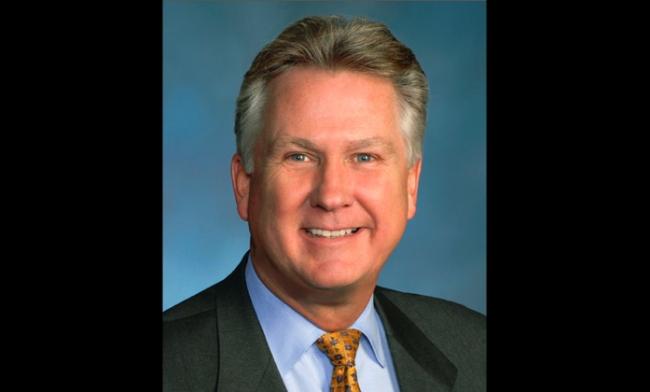Opinion: A three year effort to preserve transit service
Tue, 08/30/2011
By Councilmember Larry Phillips
When Metro Transit officials first came to my colleagues and I in 2008 with news of a budget gap due to rising fuel costs and declining sales tax revenues, transit ridership was increasing at record rates, gas prices were over $4 per gallon, and traffic congestion was the top complaint of King County residents. Looking at our economy and the population and job growth we were expecting in our region, one thing was clear: People needed an affordable alternative to get to and from work. Shrinking our transit system was not the answer.
As Budget Chair in 2008, I believed that if we were going to preserve transit service we had to start by wrenching every available dollar out of the bureaucracy and into service on the street. So I proposed and passed a comprehensive performance audit. The audit identified $105 million in available one-time funding and $35-50 million in ongoing savings. We also responded by asking transit users to pay more, raising fares four times over four years.
In 2009, the region was in the full grip of the recession and county sales tax revenues supporting Metro were down 20 percent. To close the gap, then-Executive Kurt Triplett proposed across-the-board nine percent cuts to every transit route, with deeper cuts in the future. With buses so crowded they were leaving people at the curb, across-the-board cuts would have had devastating impacts on people’s ability to get to and from work. I believed we could do better and insisted on accelerating implementation of the audit findings in order to preserve transit service for two more years while we began a regional conversation about the future of our transit system.
Many in the region believed it was time to revisit Metro’s 40-40-20/ 60-20-20 policy which stipulated that the bulk of new service—80 percent—would go to the suburbs, while the bulk of cuts—roughly 60 percent—would come from Seattle. This policy allowed politics, rather than transit markets and performance data, to dictate where transit service was allocated.
I subsequently partnered with Executive Dow Constantine to form the Regional Transit Task Force who recommended a thoughtful new policy that emphasized productivity while ensuring social equity and geographic value. The era of empty buses was over—now low performing routes will be cut and those hours will be reinvested to address overcrowding elsewhere in the system.
Armed with reforms from the audit and the task force as well as major labor concessions from transit operators, we were ready to make a case to state legislators and the public that Metro Transit was worthy of additional funding to preserve service levels.
The response we got in Olympia was overwhelmingly positive. Metro was the only transit agency in the state that proved we had made the necessary reforms and was granted authority for a $20 temporary congestion reduction charge on vehicles in King County as a tool to preserve transit service.
The public response was even more overwhelming as 15,000 people wrote in, signed petitions, and attended public hearings urging the King County Council to save Metro by enacting the congestion reduction charge. Last week, Councilmembers enacted the charge by a bipartisan 7-2 vote, closing Metro’s remaining budget gap for two more years.
At every phase of the journey, regional leaders—from Metro managers; to state, regional, and local elected officials; to business, labor, social services, and environmental leaders—stepped up to clear the necessary hurdles and keep Metro service on the street. As a result, service will be preserved for five years after the Great Recession.
We have more work ahead to engage with legislators and the public about permanent stable funding for transit in Washington. In the mean time, we will continue making our system more efficient and productive. Best of all, we will be able to continue giving the people of King County a convenient, affordable way to get to and from work as our economy recovers.
Larry Phillips represents Ballard on the King County Council and serves as Chair of the Council’s Transportation, Economy, and Environment Committee.


